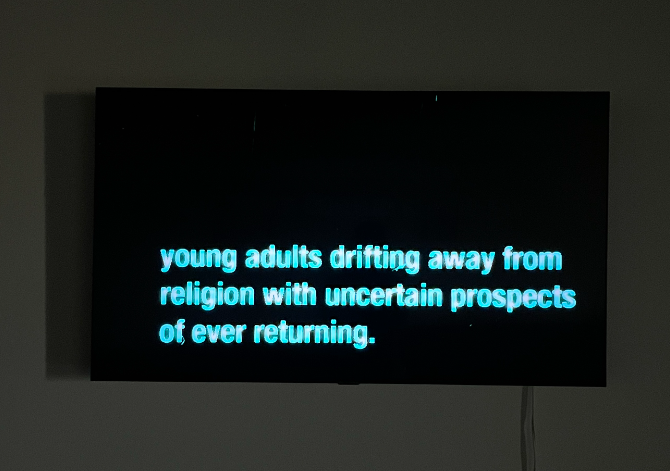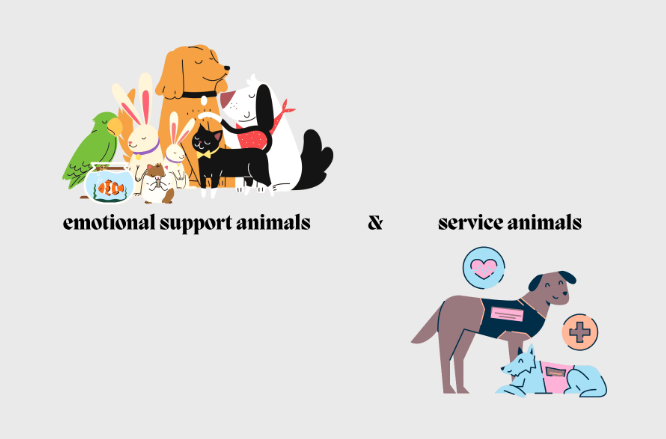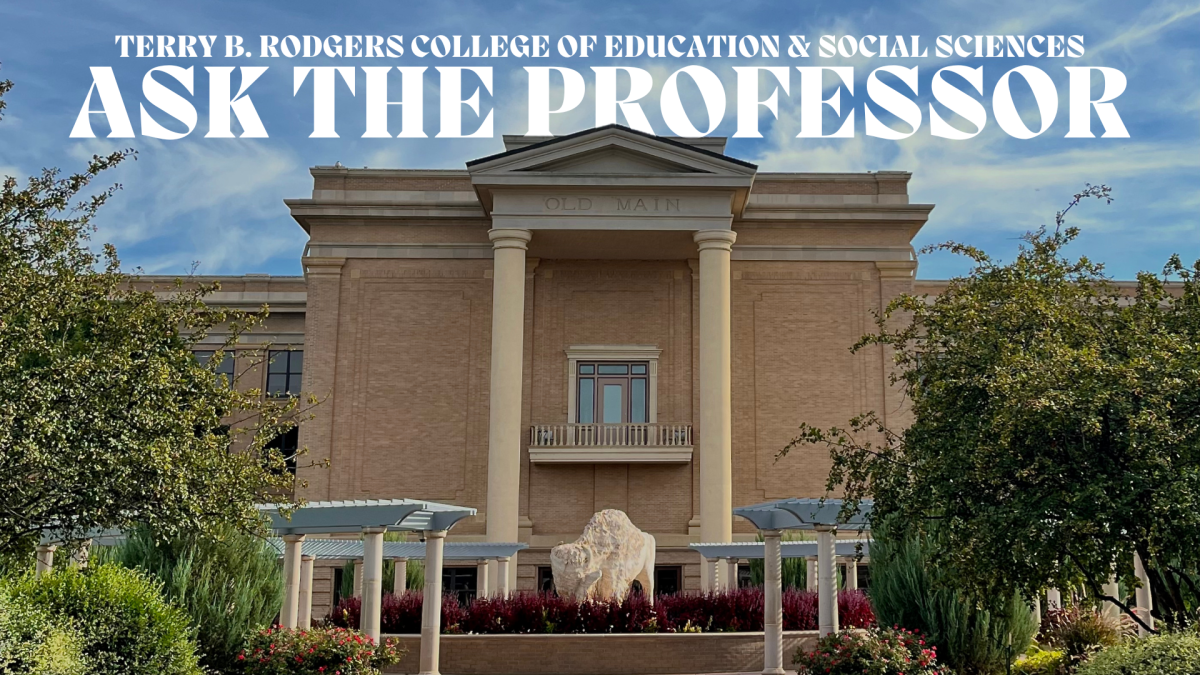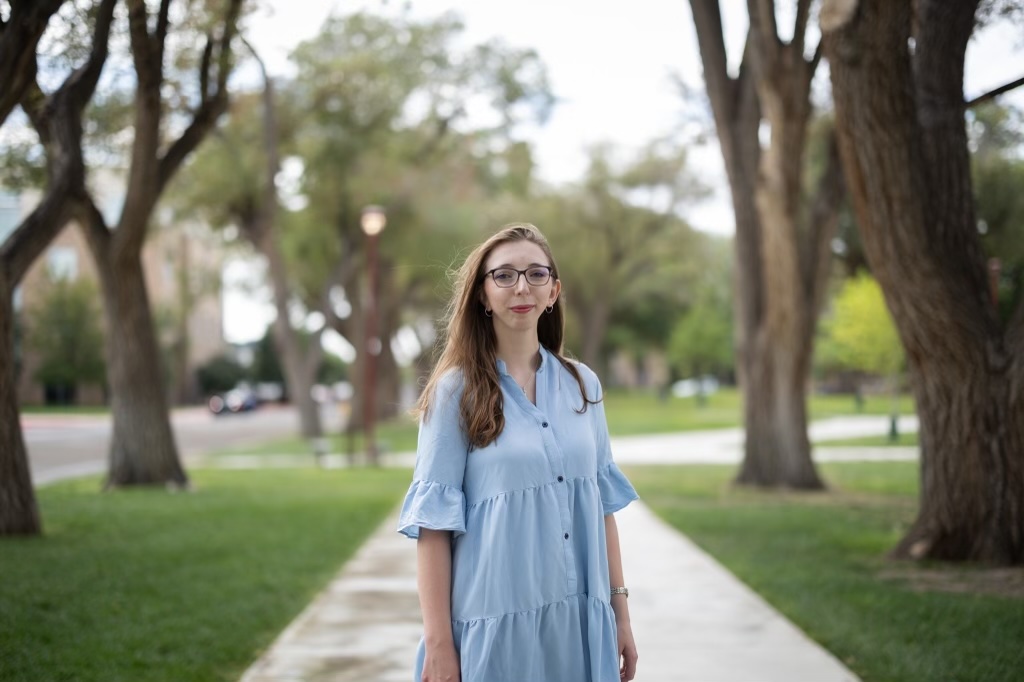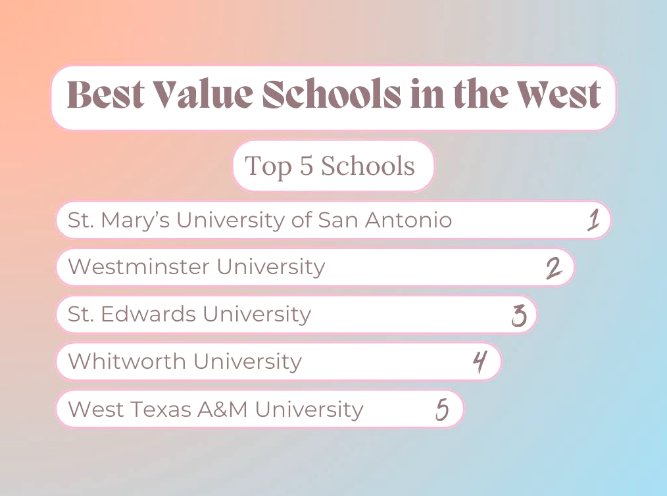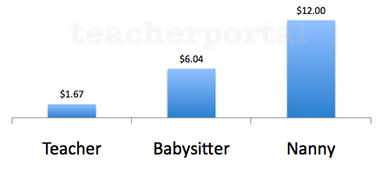
As state school districts are faced with losing millions in state funding for the upcoming biennium, education majors at WT are concerned with their future as teachers.
Brooke Pounds, teacher at Cisco High School, said that cuts already started and that it is already harder to find a job. She also said that for getting an alternative certification, students need an internship, but public schools will not take the risk of hiring.
“[Schools] will not take the risk of hiring more people when they are already letting people go,” she said.
Similarly, Jasmine Renteria, a sophomore education major, works at an after school program and said that cuts are being made there too.
“[Cuts] makes it hard on teachers,” she said. “ It takes away from kids too.”
The situation becomes harder for those who want to be fine arts teachers.
“It is scarier for theater teachers because fine arts go first,” Megan Gregory, junior theater education major, said. “Art, theater and music are the first to go when school has no money.”
Junior Spanish education major, Arely Vega said that knowing that Spanish teachers are in high demand in the area makes her feel less nervous; however, she plans on going to graduate school if she cannot find a job.
“[Going to graduate school], I will get a better possibility and be more qualified to get a job,” she said.
Nathan Gregory, junior theater education major, said that job markets are bad all over, not only in the education field.
“I am not worried anymore than an engineer is of being an engineer or a lawyer is of being a lawyer,” he said. “Every career is getting cut.”
Another aspect that concerns students is the common thought that teachers are overpaid.
“What teachers make is one dollar a student,” Vega said. “We don’t only baby sit, but educate.
“In the perfect world, teachers will be as respected as lawyers,” Nathan Gregory said. “As education majors, we know our job is more important and we are willing to get the lowest status.”
What inspire these students to pursue a degree in education despite the low pay are the children they will be teaching.
“You don’t go into education because it is just common to do,” Nathan Gregory said. “You go because you care of kids you will help in the future and you get the opportunity to mold people.”






